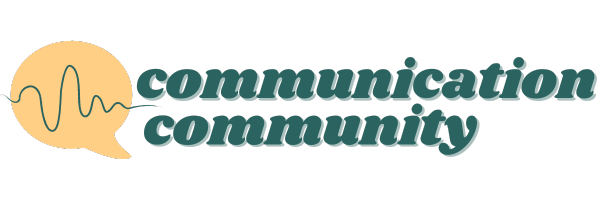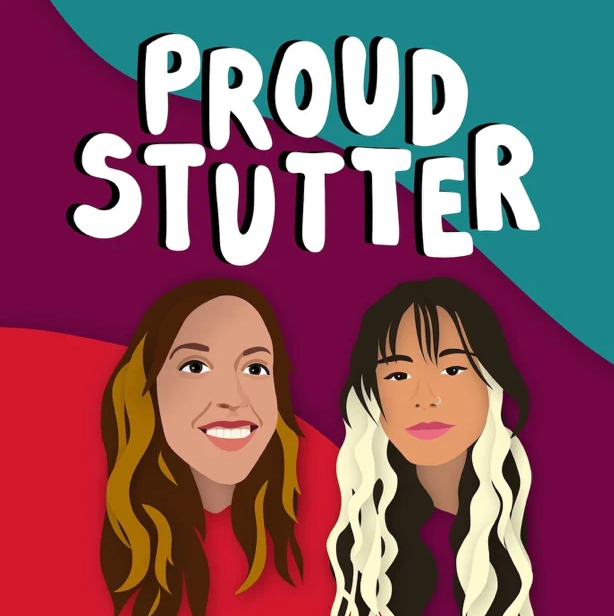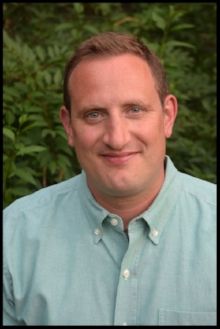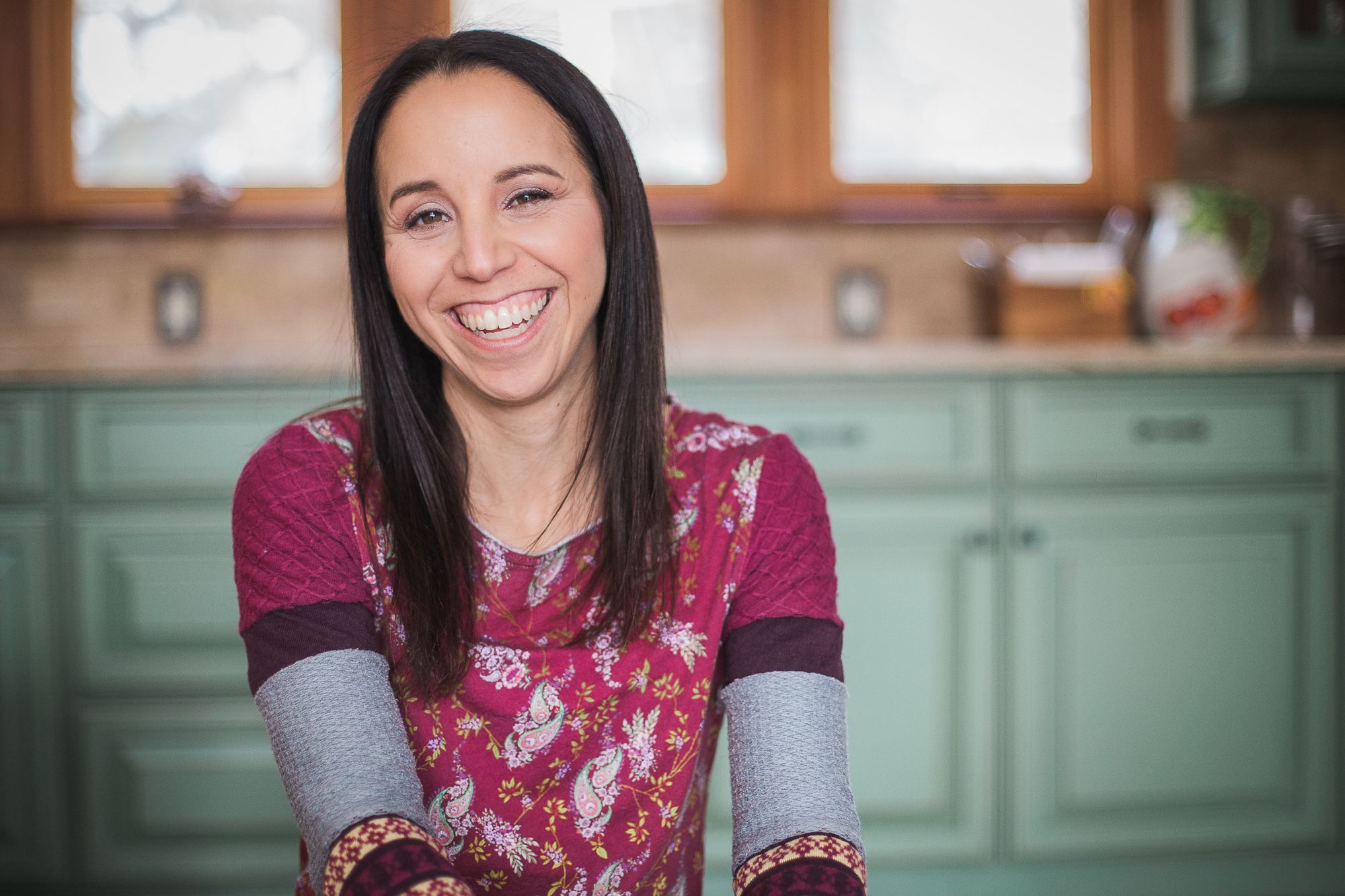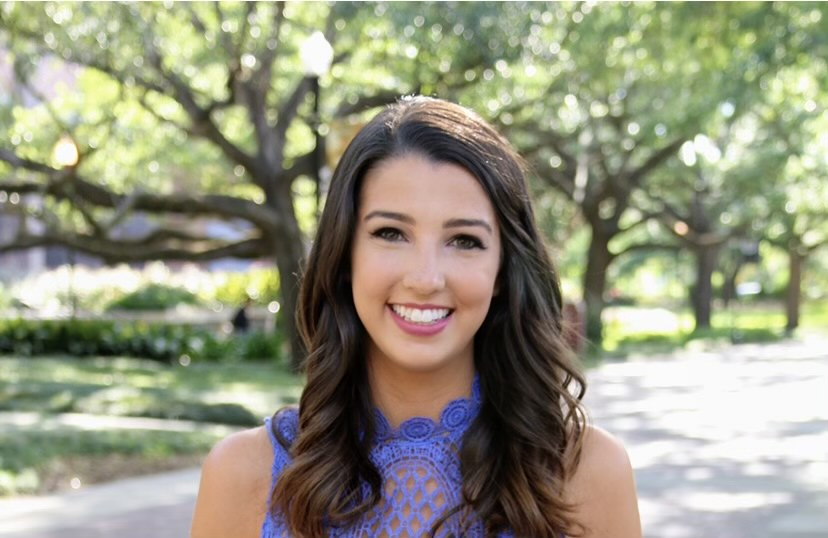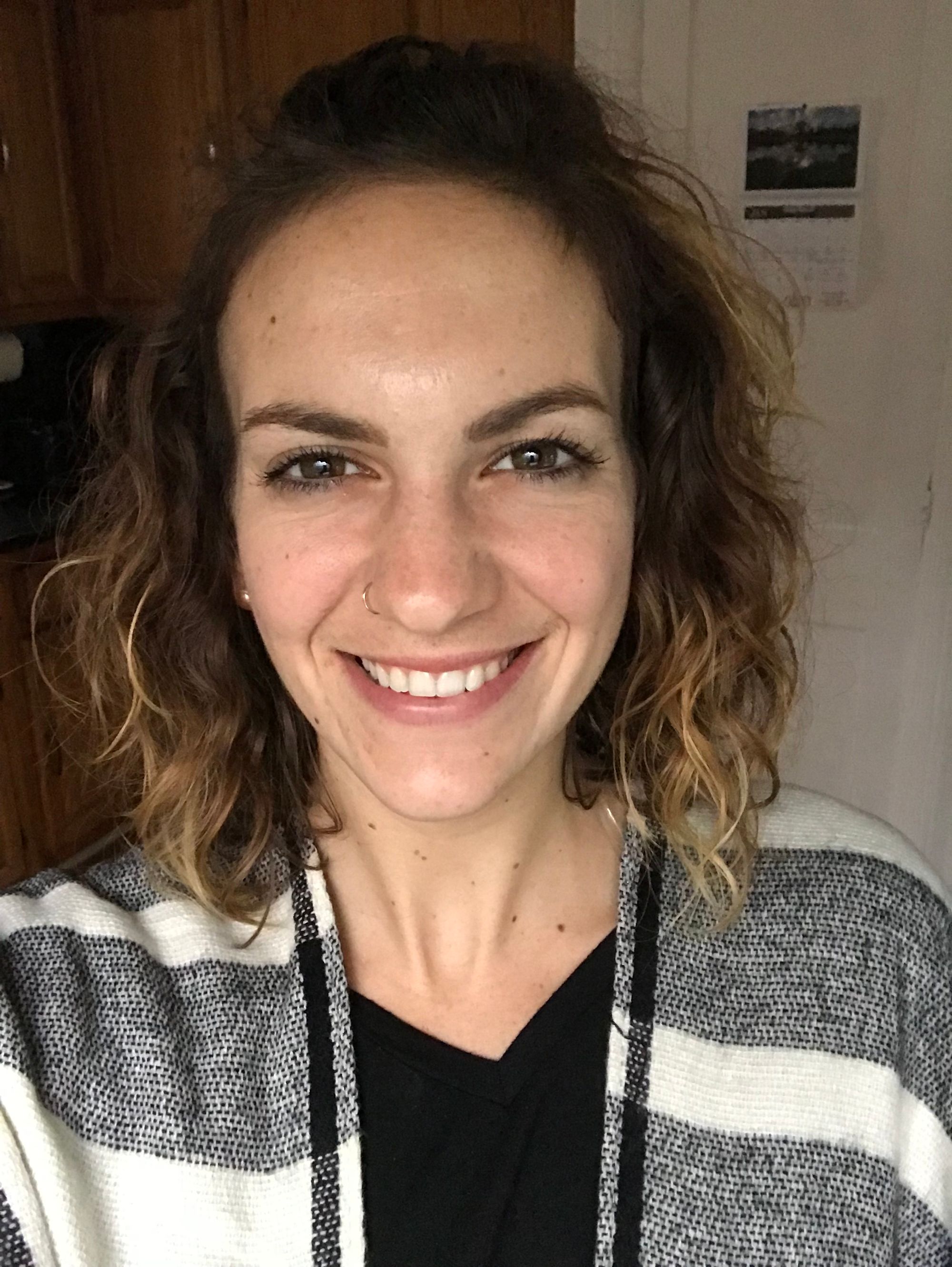We had the awesome opportunity to speak with Maya Chupkov and Cynthia Chin who host the podcast, Proud Stutter. Maya is a proud person who stutters and Cynthia is a podcaster and stuttering advocate.
They promote verbal diversity, discuss stuttering, and invite interesting guests to interview on their podcast. We are so thankful for being able to get to know them and highly recommend listening to their podcast! Persons who stutter, parents/caregivers of persons who stutter, speech-language pathologists, and people just wanting to learn about stuttering can gain a lot of valuable information from their episodes! We have already begun to implement or reframe some of the ways we approach stuttering treatment thanks to this podcast.
Links below to how they’ve helped spread their message!

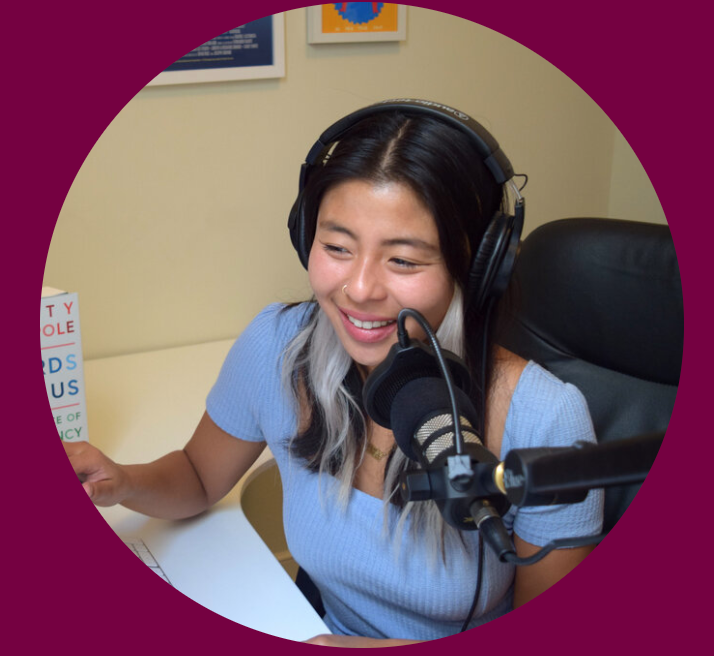
We are so excited to speak to you both! How did you two first connect?
We met our freshman year of undergrad at UC Santa Barbara and lived on the same floor in our dorm. We spent a little time doing a radio show together and we also worked together our senior year in the study abroad office.
Where do you record Proud Stutter? How did you decide you wanted to create the Proud Stutter podcast?
We have a set-up in our own space in our homes and record in different locations. We got a grant from the Center for Story-Based Strategy, which helped us set up the podcast and get equipment.
Maya: I knew I wanted to do a podcast but I didn’t know what it should be about. My fiance suggested I do it about stuttering and I got some good feedback all around about it. Cynthia and I got dinner one time and I told her about the podcast and she was interested in being a co-host.
Cynthia: I worked with a student who had a communication impairment. When we would do mock interviews he would be silent or respond after 30 seconds with just a one word answer (no specific diagnosis). When I asked him about it he said he was just thinking but I think there was a disconnect between his mind and his verbal language. I thought the podcast could be a fun project!
How would you define stuttering?
Maya: I would define stuttering as a form of verbal diversity; simply a different way of speaking. We may repeat constants, have blocks, or pause before we say a word.
[Maya] what do you remember about working with an SLP when you were younger?
I only worked with one SLP and it was 20 years ago so I know it may be different now. I felt like they were very focused on being fluent and I felt like I had to transform myself to sound fluent, and I was hiding so much of myself to sound fluent. It was almost like I was conforming myself and becoming a robot.
What is one takeaway that you would like listeners to have after an episode?
Maya: What I’ve learned about stuttering is that I want it to be accepted as a different way of speaking. It can be so internal and be the biggest hurdle to overcome. Someone who stutters may have a couple experiences that are really traumatic and that’s what carries them through; the fear of that happening again. I want to replace trauma with acceptance. I want listeners to understand that.
Cynthia: As a non person who stutters, I want listeners to understand that it’s important to be patient with others who may communicate differently than you. We always try to end the podcast on a positive note and be open with our experiences.
[Maya] can you share how you got into your field of work focusing on social justice and narrative shift? What were you involved in prior to the Proud Stutter podcast?
My first jobs out of college were around communication and PR; I had some traumatic experiences early on in my career and misunderstandings related to my stuttering. I ended up going back to school to get my Master’s degree in Public Affairs. I transitioned into nonprofit work and worked for the state of California for some time. My current job is more focused on policy and it requires me to talk a lot. I am able to be more open about my stuttering with my current boss and my coworkers, which is great.
[Cynthia] have you had any PWS as your students? How has your knowledge from the podcast impacted your relationships and the way you respond as an educator?
I haven’t worked with PWS but I have worked with students who had different types of speech disfluencies. I work with adults mostly and by adulthood most individuals are able to hide their disfluencies so I may not encounter it as much. It does make me more patient if there are individuals I work with who speak differently than me; as I need to recognize my privilege of code-switching between formal and informal language or speaking in different ways. Interacting with individuals with speech impediments and/or language barriers requires more patience.
What do you enjoy most working on the podcast?
Maya: It’s getting to connect with people from all over, like the stuttering community. Stuttering touches so many different types of people. My favorite interview so far is with JJJJJerome Ellis, he’s this amazing and talented guy and artist and I never would’ve been friends with him if it weren’t for our stutter. He’s not someone I would ever normally connect with. Also, hearing from our listeners about how it’s impacted them has really been the best for me.
Cynthia: It has given me a lot of perspective, the amount that I’ve learned. On the surface we’re talking about stuttering but below the surface we’re talking about mental health acceptance and advocacy. These ideas and values are applicable to other aspects of my life as well.
What do you hope to incorporate into the podcast in the future?
For season 1, we have all of our interviews scheduled out. We’re really looking forward to those, including one with Nina G, a comedian who stutters in the Bay Area. That one is going to be really exciting - we’re going to talk about her new book and her old book, which was about her stuttering journey. We’re also going to talk about stuttering in popular culture. I think that's gonna be a really fun episode. As for Season 2, it’s still unknown!
What do you like to do for fun?
Maya: I like to read and play volleyball.
Cynthia: I do muay thai, climb, and dance.
Special thanks to Maya and Cynthia for being part of our Q & A series! If you haven't already, we encourage you to listen to the Proud Stutter podcast!
